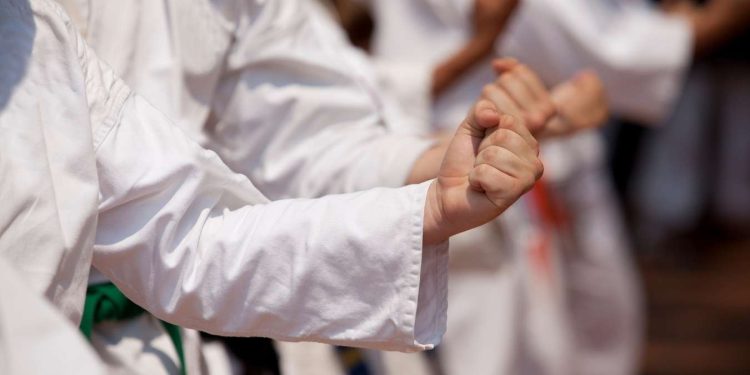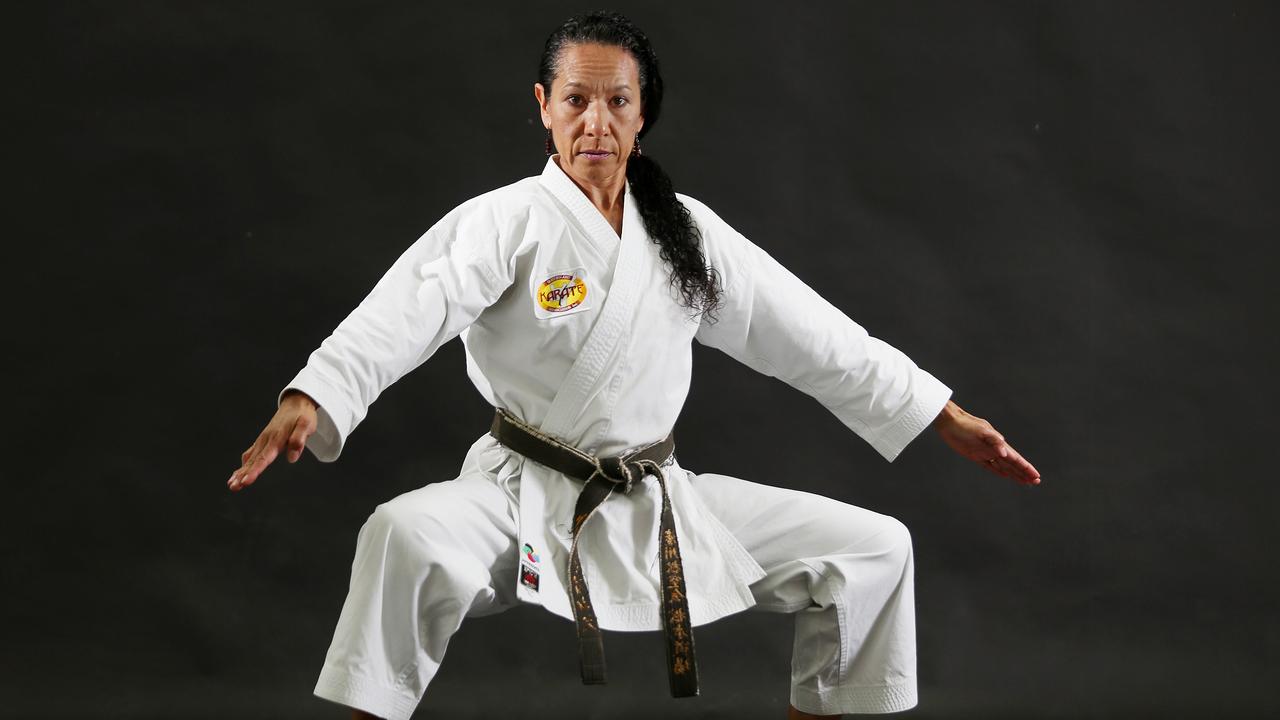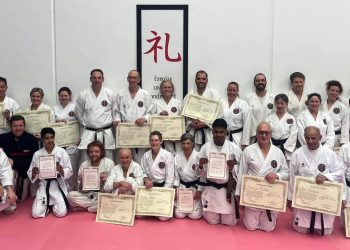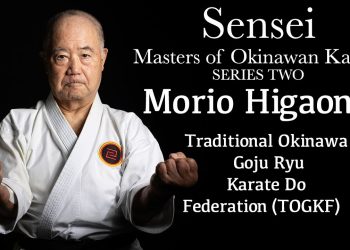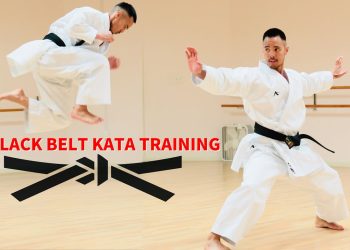When pondering whether lifting weights affects karate performance, one might picture the graceful balance between strength and agility inherent in martial arts. You might ask, how does weight training, with its emphasis on building power, fit into this dynamic? Well, as it turns out, weight lifting, when balanced correctly, can significantly enhance various aspects of karate technique and performance.
Understanding the Balance: Strength Meets Agility
Karate, a discipline that requires swift movements and precise control, might seem to clash with the often static, strength-building nature of weight lifting. Yet, these seemingly opposing practices can be complementary. Proper weight training enhances the ability to generate force quickly—every karate punch or kick benefits from that explosive power. However, it’s critical to maintain flexibility, ensuring that bulking up doesn’t hinder swift movements or fluid techniques.
Historical Perspectives: Martial Arts and Strength Training
Did you know? In ancient China, martial artists practiced lifting heavy stone locks to build strength without sacrificing their martial skills. This historical anecdote underscores a long-standing recognition of the benefits of integrating strength training with martial arts practice.
Developing Core Strength and Stability
One of the pivotal benefits of integrating weight lifting into karate training is the development of core strength. Karate relies heavily on a stable core to deliver powerful strikes with balance and precision. Crucial exercises like deadlifts, squats, and planks help bolster these muscles, giving practitioners the stability needed for efficient energy transfer—essential in executing flawless techniques.
Enhancing Endurance and Recovery
Weight lifting also plays a significant role in enhancing muscular endurance. By incorporating high-repetition sets at moderate weights, karate practitioners can improve their stamina, critical for staying effective as fights or forms progress. Moreover, strength training can speed up recovery times by increasing muscular resilience, reducing the risk of injuries common when engaging in intense training regimes.
An Expert’s Perspective: Merging Strength with Skill
Expert Views: Renowned martial arts instructor Han Yoshi once noted, “Strength without skill is like having a powerful engine without steering—it’s useless.” This philosophy perfectly encapsulates the essence of why combining weight lifting and karate isn’t just possible but highly beneficial.
Potential Pitfalls to Avoid
While strength training offers many benefits, it’s crucial to avoid certain pitfalls. Overemphasizing bulk over agility can lead to decreased performance flexibility. Thus, it’s vital to prioritize functional strength exercises over excessive bodybuilding routines to maintain karate’s fluid motion.
- Focus on form: Prioritize technique to avoid injuries.
- Balance exercises: Incorporate agility drills to complement weight training.
- Consistency is key: Regular training ensures gradual, sustainable improvement.
Real-Life Stories of Karatekas and Their Training Regimes
True Tale: Take the journey of Tomoko Ishii, a professional karateka who integrated weightlifting into her regimen and saw her sparring scores improve dramatically. Her story exemplifies how strategic weight lifting enhanced her strength while maintaining her speed and flexibility, allowing her to comfortably outlast opponents.
Frequently Asked Questions
Does lifting weights make you slower in karate? Lifting weights doesn’t necessarily make you slower; it depends on how you balance weight lifting with agility and flexibility exercises.
Can strength training reduce injuries in karate? Yes, a well-rounded strength training program can enhance muscle resilience, thereby reducing the likelihood of injuries during intense combat or practice.
What weight lifting exercises are best for karate practitioners? Exercises focusing on core strength, like deadlifts and planks, and those promoting explosive power, like squats, are particularly beneficial.
Comparison Table: Weight Training vs. Karate Practice
| Aspect | Weight Training | Karate Practice |
|---|---|---|
| Goal | Build muscle strength and power | Enhance agility and technique |
| Focus | Muscle hypertrophy, endurance | Precision, speed |
| Potential Pitfalls | Excess bulk, reduced flexibility | Injury from poor form |
| Benefits | Increased power, improved recovery | Enhanced fluidity, improved response times |
Conclusion: Bridging Power and Precision
In summary, lifting weights, when approached knowledgeably, is an essential component of a comprehensive karate regimen. It not only supports the development of core strength but also enhances endurance and helps prevent injuries. Strength and skill, as karate practitioners have long understood, are two sides of the same coin. By nurturing both, one can achieve a delicate balance that enhances performance without compromising the grace of martial arts.
Thank you for joining us in this exploration of physical fitness and martial art mastery. Feel free to peruse our other articles for more insights into optimizing your training routines.

